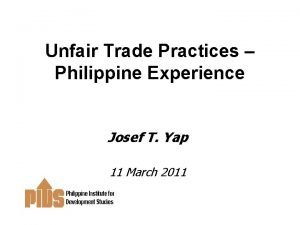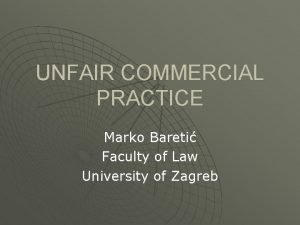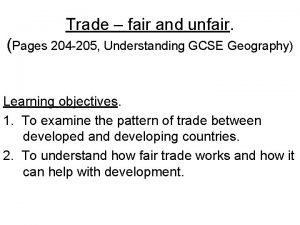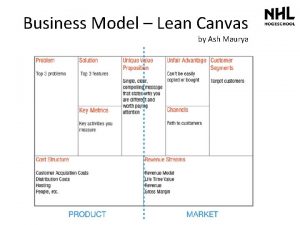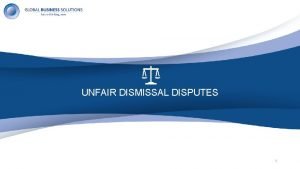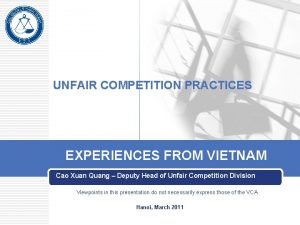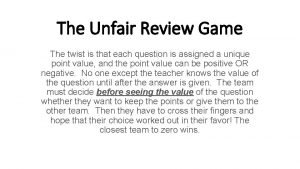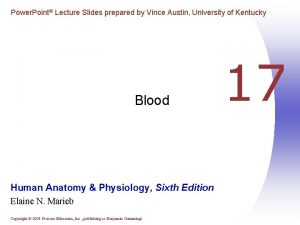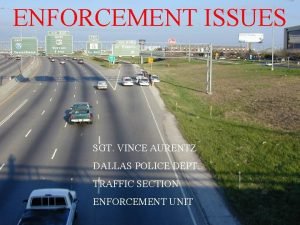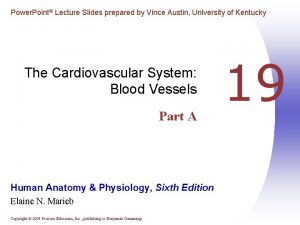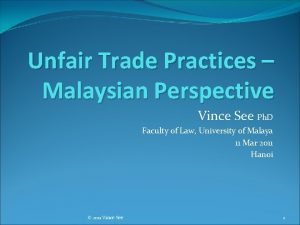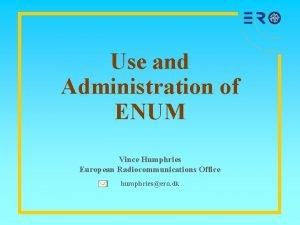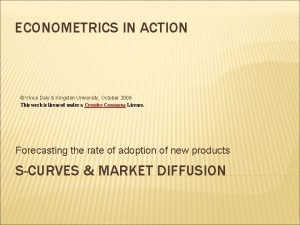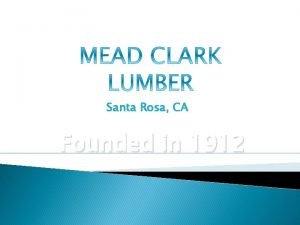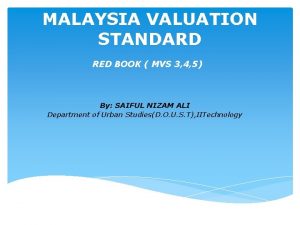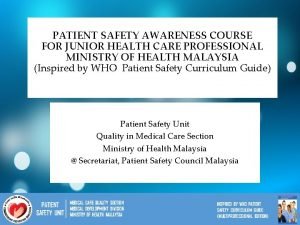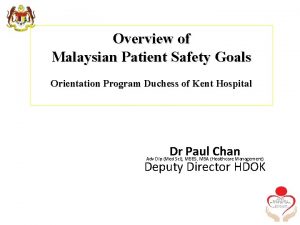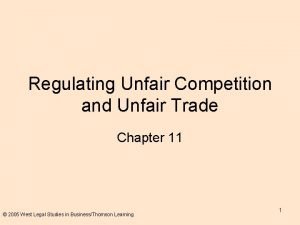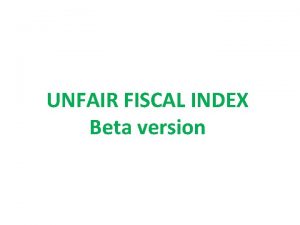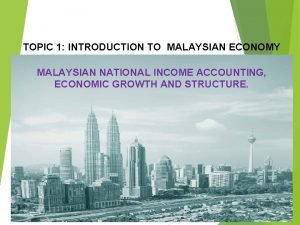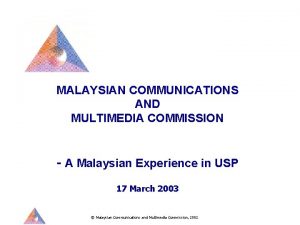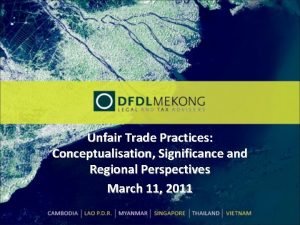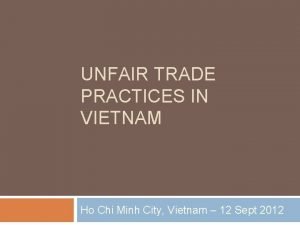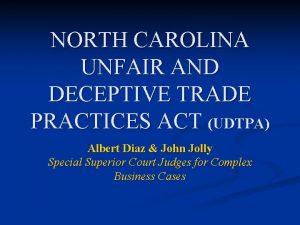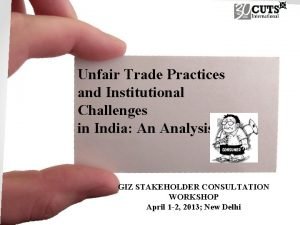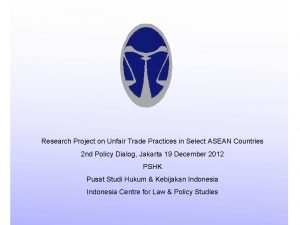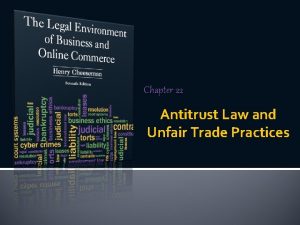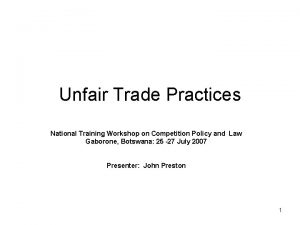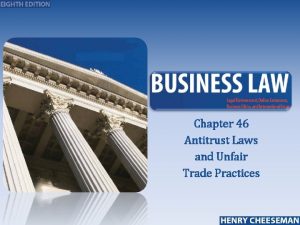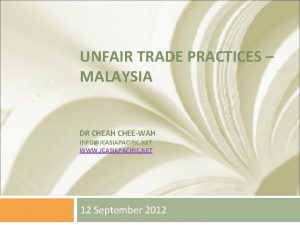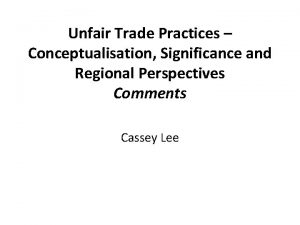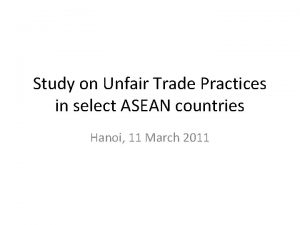Unfair Trade Practices Malaysian Perspective Vince See Ph




























- Slides: 28

Unfair Trade Practices – Malaysian Perspective Vince See Ph. D Faculty of Law, University of Malaya 11 Mar 2011 Hanoi © 2011 Vince See 1

National Economy & Market • Population of 26. 6 m (2006) (UNDP) • 70% approx of population in West Malaysia © 2011 Vince See 2

National Economy & Market • Middle income country • New Economic Model to transform economy and move the country to high-income status by 2020 © 2011 Vince See Source: UNDP 3

National Economy & Market • Free market economy • Strong government-led economic policy • Prominent presence of government-linked companies – PROTON (car manufacturing) – MAS (airlines) – TM and Axiata (telecommunications & multimedia) – Sime Darby (plantations) © 2011 Vince See 4

Legal Interactions Consumer Protection Law (e. g. Sale of Goods 1957, Hirepurchase Act 1967, Trade Descriptions Act 1972, Consumer Protection Act 1999) Competition Law (Competition Act 2010) © 2011 Vince See Unfair Trade Practices (UTP) 5

Legal Interactions UTP Trader A e. g. false or misleading representation, misleading price indication, bait advertising, free gifts etc, claim that goods are limited UTP e. g. passing off, malicious falsehood or slander of goods, misappropriation of confidential information, technical information or know how, infringements of trade marks Trader B Consumers © 2011 Vince See 6

Legal & Institutional Framework • Two-pronged approach – Common Law – Statutes © 2011 Vince See 7

Legal & Institutional Framework • Common Law • Statutes – Tort • Passing off • Malicious falsehood or slander of goods • Conspiracy to injure a person in his trade or business © 2011 Vince See – Sale of Goods Act 1957 – Hire-purchase Act 1967 – Weights & Measures Act 1972 – Trade Descriptions Act 1972 – Trade Marks Act 1976 – Consumer Protection Act 1999 – Competition Act 2010 8

Common Law • Unfair trading is a wider, umbrella concept • As stated in Seet Chuan Seng v Tee Yih Jia Foods Manufacturing Pte Ltd [1994] 2 MLJ 770, 783 SC: ‘Lord Diplock in Erven Warnink Besloten Vennootschap v Townend & Sons (Hull) Ltd [1979] AC 731, [1979] 2 All ER 927 had related passing off to a wider concept of unfair trading. He said: Unfair trading as a wrong actionable at the suit of other traders who thereby suffer loss of business or goodwill may take a variety of forms, to some of which separate labels have become attached in English law. Conspiracy to injure a person in his trade or business is one, slander of goods another, but the most protean is that which is generally and nowadays, perhaps misleadingly, described as passing off. The forms that unfair trading takes will alter with the ways in which trade is carried on and business reputation and goodwill acquired. ’ © 2011 Vince See 9

Common Law • Passing off – Plaintiff must establish three elements: • Goodwill or reputation attached to the goods or services in question in the mind of the purchasing public by association with the identifying brand or trade description etc under which the goods or services in question are offered to the public • Misrepresentation by the defendant to the public (whether or not intentional) leading or likely to lead the public to believe that the defendant offers the goods or services of the plaintiff • The plaintiff suffers or is likely to suffer damage Reckitt & Colman Products Ltd v Borden Inc [1990] 1 All ER 873, 880 as quoted in Syarikat Zamani Hj Tamin Sdn Bhd v Yong Sze Fun [2006] 5 MLJ 262, 308 HC © 2011 Vince See 10

Common Law • Malicious falsehood or slander of goods – Plaintiff must establish: ‘…the defendant has published about the plaintiff words which are false, that are published maliciously and that special damage has followed as the direct and natural result of their publication’ (per Glidewell LJ in Kaye v Robertson (1991) FSR 62, 67, as quoted in Syarikat Zamani Hj Tamin Sdn Bhd v Yong Sze Fun [2006] 5 MLJ 262, 308 HC) © 2011 Vince See 11

Statutes • Sale of Goods Act 1957 – Mainly to do with implied terms • Implied conditions: – – – Title Correspondence with description Fitness for a purpose Merchantable quality Bulk correspondence with sample • Implied warranties: – Quiet possession – Free from any charge or encumbrance – Protects both intermediate traders and final consumers © 2011 Vince See 12

Statutes • Hire-purchase Act 1967 – Standard form contract – Procedural safeguards on repossession of goods on hire-purchase – More concerned with interests of hire-purchasers (i. e. consumers) © 2011 Vince See 13

Statutes • Weights & Measures Act 1972 – Standardisation on units of measurement – Adoption of International System of Units (ISU) – Prices per ISU unit – More direct effect on consumers in their day-today purchases © 2011 Vince See 14

Statutes • Trade Descriptions Act 1972 – Offence of misdescription of goods provided in the course of trade and false or misleading indications as to the price of goods © 2011 Vince See 15

Statutes • Trade Marks Act 1976 – Infringements of trade marks (s 38) ‘(1) A registered trade mark is infringed by a person who, not being the registered proprietor of the trade mark or registered user of the trade mark using by way of permitted use, uses a mark which is identical with it or so nearly resembling it as is likely to deceive or cause confusion in the course of trade in relation to goods or services…’ © 2011 Vince See 16

Statutes • Consumer Protection Act 1999 – Applicable to consumer contracts (s 2(1)) – Creates offences in relation to: • Misleading and deceptive conduct, false representation and unfair practice (Part II) • Safety of goods and services (Part III) – Implies some guarantees into consumer contracts for supply of goods or services (Parts V to IX) – Exclusion of contracting out of implied guarantees (s 6) © 2011 Vince See 17

Statutes • Consumer Protection Act 1999 (cont. ) – False or misleading representation (s 10) • Such representations in relation to: – Kind, standard, quality, grade, quantity, composition, style or model – History or previous use • Such representations that services are: – Supplied by any particular person or any person of a particular trade, qualification or skill – Particular person has agreed to acquire the goods or services © 2011 Vince See 18

Statutes • Consumer Protection Act 1999 (cont. ) – False representation or other misleading conduct in relation to land (s 11) • Characteristics of the land • Use to which the land is capable of being put or may lawfully be put • Existence or availability of facilities associated with the land – But not applicable to housing accommodation provided under Housing Developers (Control & Licensing) Act 1966 © 2011 Vince See 19

Statutes • Consumer Protection Act 1999 (cont. ) – Misleading indication as to price (s 12) • Price • Method of determining the price © 2011 Vince See 20

Statutes • Consumer Protection Act 1999 (cont. ) – Bait advertising (s 13) • Advertisement for supply at a specified price of goods or services which the supplier: – Does not intend to offer for supply, or – does not have reasonable grounds for believing can be supplied at that price for a period that is, and in quantities that are, reasonable having regard to the nature of the market in which the person carries on business and the nature of the advertisement © 2011 Vince See 21

Statutes • Consumer Protection Act 1999 (cont. ) – “Offer” of any gift, prize or other free items with the intention of not providing it (s 14) © 2011 Vince See 22

Statutes • Consumer Protection Act 1999 (cont. ) – Claim that goods are limited (s 15) • Prohibited unless their edition, printing, minting, crafting or production is restricted to: – Pre-determined maximum quantity, or – Actual quantity ordered or subscribed to within a specified and reasonably short period of time • Such claim must state: – Maximum quantity of goods which are offered for sale, and – Specific time period or dates for which the goods are offered for sale © 2011 Vince See 23

Statutes • Competition Act 2010 – Two main elements: • Anti-competitive agreements • Abuse of dominant position – Shortcomings • Requirement of anti-competitive object or effect – Anti-competitive object confined to collusive agreements (e. g. price-fixing, market-sharing) – UTP deals with act of single trader (i. e. unilateral act) • Requirement of ‘dominant position’ in case of unilateral act – One single trader may not have such dominant position – Does not catch petty malpractices that affect consumers most © 2011 Vince See 24

Case Studies • Few reported cases • More new cases brought to Consumer Claims Tribunal under CPA 1999 – Unreported except in the media – Mostly claims by consumers for refund – Appeals on points of law to High Court may be reported but rare © 2011 Vince See 25

Case Studies • Seet Chuan Seng v Tee Yih Jia Foods Manufacturing Pte Ltd [1994] 2 MLJ 770 (passing off, trade marks) • Syarikat Zamani Hj Tamin Sdn Bhd v Yong Sze Fun [2006] 5 MLJ 262 (passing off, trade marks) • Mc. Curry Restaurant (KL) Sdn Bhd v Mc. Donalds Corp [2009] 3 MLJ 774 CA (passing off) • Keep Good Feel Corp Sdn Bhd (previously known as Fasa Bebas Sdn Bhd) v Pharma World (M) Sdn Bhd [2010] 1 MLJ 242 HC (passing off, infringement of trade mark) © 2011 Vince See 26

Challenges Ahead • Identifying negative effects of UTP on businesses in Malaysia – Awareness of businesses of such negative effects • Identifying the need for codifying UTP that are dealt with at Common Law • Defining UTP to distinguish them from unilateral or collusive anti-competitive practices (the latter is governed by Competition Act 2010) © 2011 Vince See 27

Thank you For feedback or comments: set 2 law@gmail. com © 2011 Vince See 28
 Unfair trade practices examples in philippines
Unfair trade practices examples in philippines Unfair 2006
Unfair 2006 Fair and unfair trade
Fair and unfair trade Unfair advantage business model canvas
Unfair advantage business model canvas Unfair demotion
Unfair demotion What is unfair competition
What is unfair competition The reason the hypodermis acts as a shock absorber is that
The reason the hypodermis acts as a shock absorber is that Vince austin
Vince austin 4-5 linear automobile depreciation
4-5 linear automobile depreciation Vince aurentz
Vince aurentz Vince gilbert
Vince gilbert Vince have thinner walls than arteries
Vince have thinner walls than arteries Saw sze vince
Saw sze vince Vince humphries
Vince humphries Vince low artist research page
Vince low artist research page Vince daly
Vince daly If vince charged $200
If vince charged $200 Vince moura
Vince moura Vince buonaccorsi
Vince buonaccorsi Saw sze vince
Saw sze vince Perspective what do you see
Perspective what do you see Dynamics (music)
Dynamics (music) Malaysian dietitian association
Malaysian dietitian association Malaysian studies chapter 1
Malaysian studies chapter 1 Malaysian valuation standard 2020
Malaysian valuation standard 2020 History of malaysian education system
History of malaysian education system 13 malaysian safety goals
13 malaysian safety goals Malaysian national secondary schools are subdivided into
Malaysian national secondary schools are subdivided into Malaysian patients safety goals
Malaysian patients safety goals
